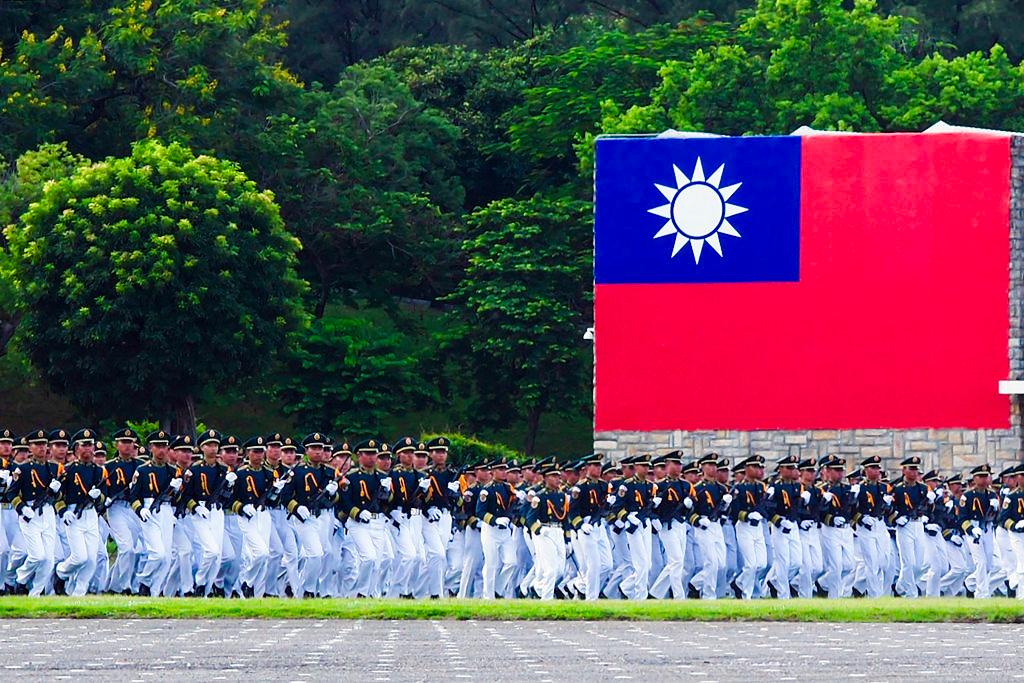The number of people prosecuted for allegedly spying on behalf of the Chinese Communist Party (CCP) has quadrupled in the past three years, according to Taiwan’s National Security Bureau (NSB).
In a report published on Jan. 12, analyzing the CCP’s targets and tactics, the NSB said a total of 64 people were prosecuted in CCP spy cases in 2024. In the previous three years, 16, 10, and 48 people, respectively, were prosecuted as alleged spies.





